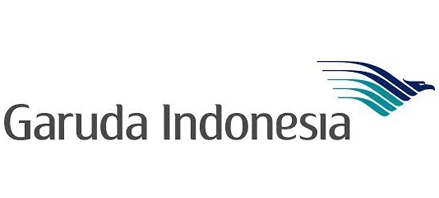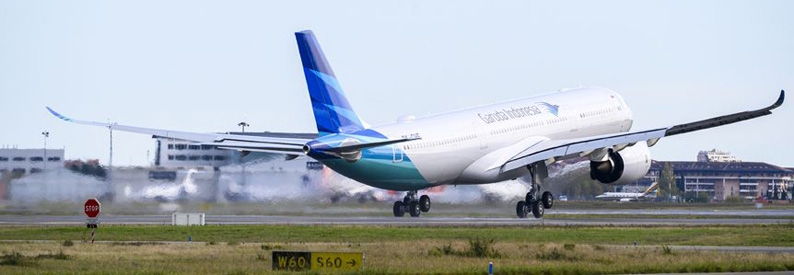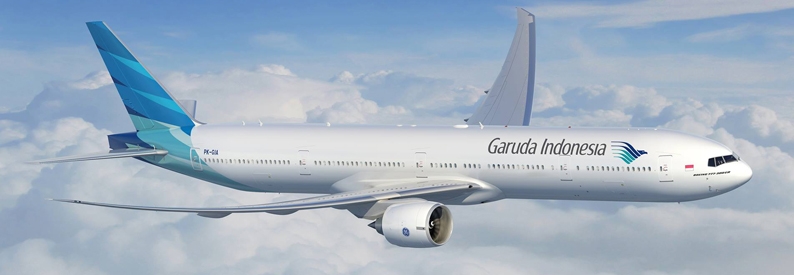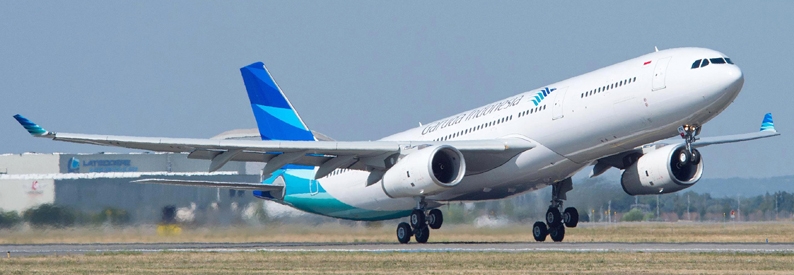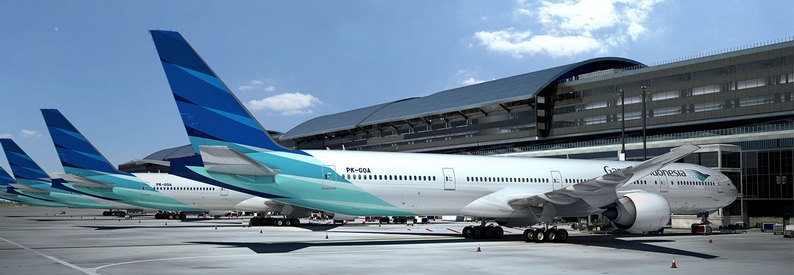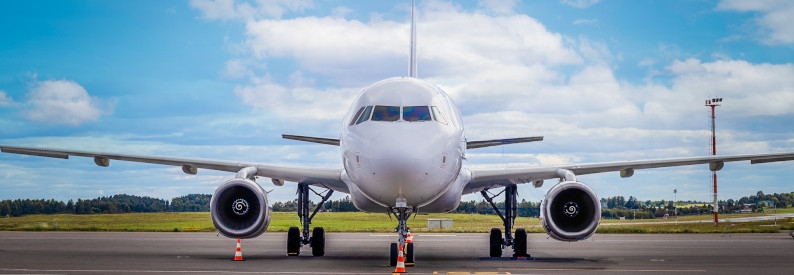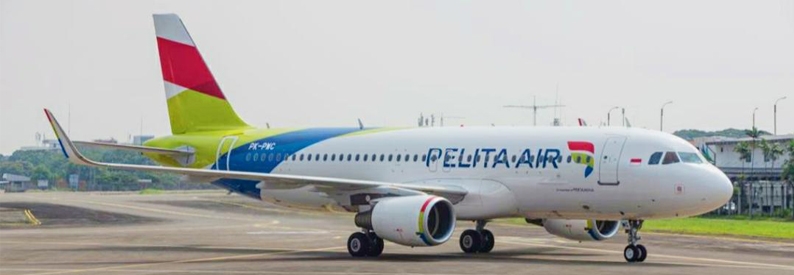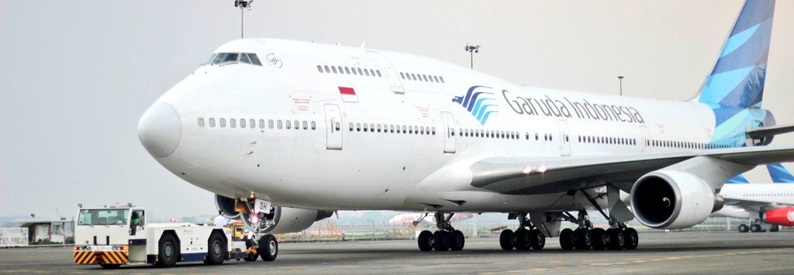Garuda Indonesia (GA, Jakarta Soekarno-Hatta) plans to close its route tally from 237 to 140, its president and chief executive Irfan Setiaputra has told a session of Commission VI at the House of Representatives, which covers the affairs of the country’s weighty state-owned enterprises (SOEs), local media reported.
The airline’s management has mapped out which routes are less lucrative, he said at the hearing on November 9, explaining that “there has been a lot of pressure to open routes that do not bring a profit. So we ask for support if you say they must be closed. Like to Tarakan [in North Kalimantan] because there were so few passengers, I’m sorry.”
He elaborated: “What has created the problem is that there is excitement, or style, in going to an unclear place. We will permanently close Amsterdam Schiphol, London Heathrow, Nagoya Chubu. [SOEs minister] Erick Thohir goes back and forth to tell the board of directors, ‘Close it if it’s not profitable!’”
Garuda Indonesia has also minimised frequencies on some routes, such as between Jakarta Soekarno-Hatta and Yogyakarta Adisutjipto on the island of Java, Setiaputra said, where “there is now only a morning flight because the number of our planes is decreasing.”
However, the state-run flag carrier is operating international routes to China and Australia as cargo-only flights because these are profitable, he said.
In pre-pandemic times, Garuda Indonesia operated more than 100 domestic and international routes, while subsidiary Citilink (QG, Jakarta Soekarno-Hatta) operated many more. Today, according to the ch-aviation Commercial Aviation Operator Capacity Data module, it operates 61 routes, 50 of them domestic. Of this number, 29 have three weekly frequencies or less. Citilink operates 82 routes, all but one of them (Jakarta-Kunming Changshui) domestic.
At the same House of Representatives hearing, Kartiko Wirjoatmodjo, deputy SOEs minister, described Garuda Indonesia as “technically bankrupt” as it is in negative equity and therefore insolvent, and it is also facing allegations of corruption and misappropriation, the Jakarta Globe reported.
Garuda has negative equity of USD2.8 billion and the debt burden is increasing by USD100-150 million a month, the official lamented, blaming years of poor management and past corruption problems “ranging from burdensome partnerships and inflated aircraft prices to bribery and money laundering in 2011 and 2012.” The pandemic has only made things worse.
“Under the banking interpretation, such a condition means it is technically bankrupt although it’s not officially declared so. Garuda cannot repay nearly all of its debts and it’s likely to hold back employees’ salaries,” he said. “People often asked me, ‘What really caused Garuda to suffer, corruption or Covid-19?’ My answer is both.”
- Type
- Base
- Aircraft
- Destinations
- Routes
- Daily Flights
